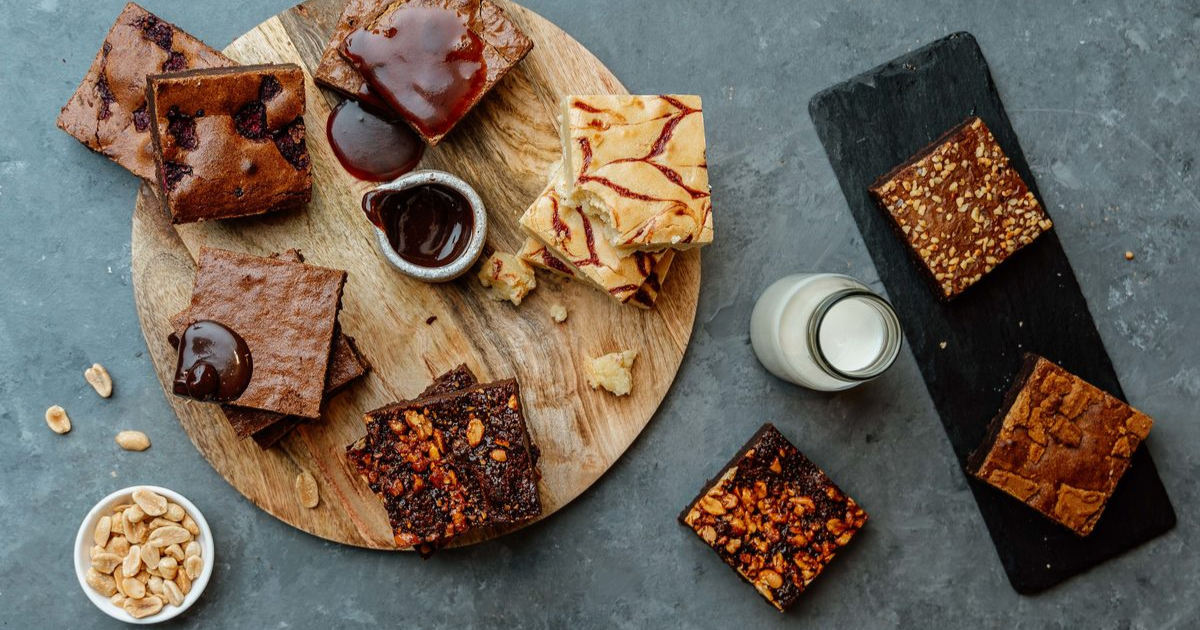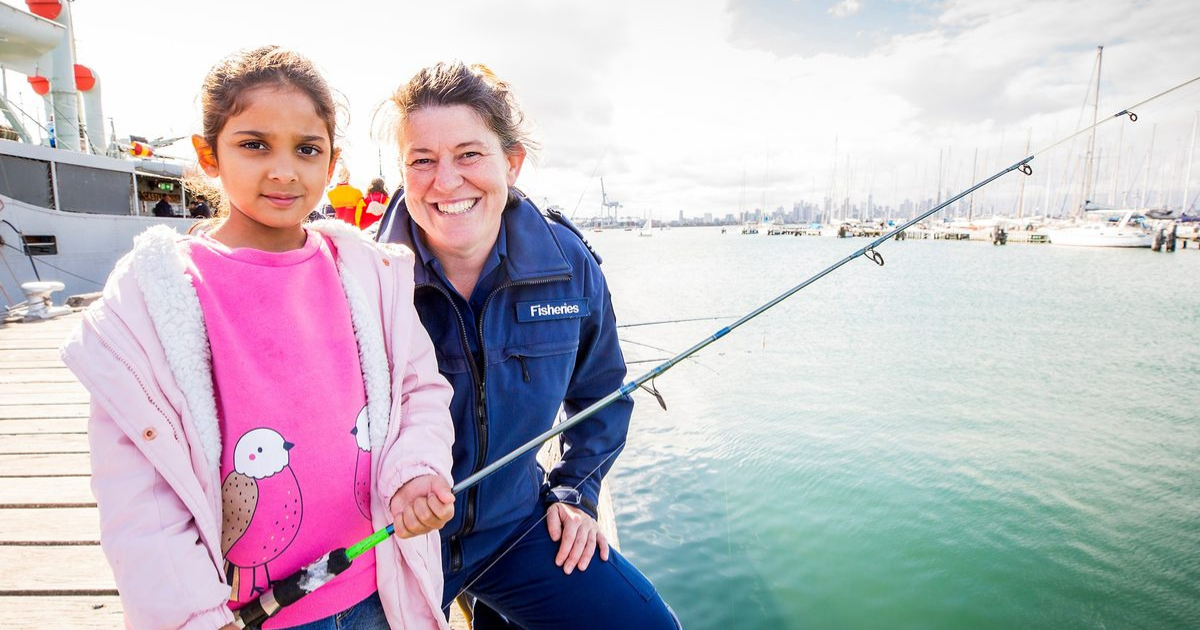Bush kinder builds sharper minds
BUSH kinder programs for pre-school aged children are likely leading to better education outcomes, particularly girls, two Torquay academics from Deakin University have concluded.
Professor Coral Campbell and Chris Speldewinde have published extensively on the issue since they first started researching the then relatively new curriculum program in 2014, and in their latest paper found children who spend a year attending bush kinder once a week built a deeper understanding of science, technology, engineering, and maths (STEM).
“One of the things that came out of this project, is the agency given to children. Permission for them to just try something out, to climb a tree, to drag logs around, to build cubbies, to be inventive,” Prof. Campbell said, who first came across bush kinder in 2009 when she was in Europe.
Mr Speldewinde, whose young daughter was part of a Surf Coast trial of the program in 2014, has tracked the evolution of bush kinder in the region and landed on three main findings, the first being that there’s no “right” way to do it.
“When we started doing our research and were watching what the educators were doing, they all had different approaches… some were taking their teaching practice that they use in the regular bricks and mortar kindergarten out into the bush kinder and that was working fine, but others were taking a very different approach where they were just letting the kids run and play for the whole time.”

His second conclusion was that kids adapted quickly, despite initial reservations.
“Children would start the bush kinder year and just not know what to do, or it would be ‘I hate bush kinder, I’m bored…’, but as the year progressed their development as individuals in terms of being able to notice nature and being able to interact with nature and use nature for their play, and to be creative and to think, that really developed over the course of the year.”
The final conclusion, a point that both he and Prof. Campbell initially identified independently of one another, was the benefit it had for girls.
“It takes away some of the stereotypical gender-based environment… unstructured, outdoor play allows girls and boys to put away their dolls and stuffed toys and interact creatively with the environment around them to learn crucial STEM fundamentals.”

After its 2014 pilot, the Surf Coast Shire rolled out the curriculum across its entire kindergarten program in 2015 and now runs them at Jan Juc, Torquay, Winchelsea and Lorne.
“All four of my children have attended Bush Kindergarten in the shire and absolutely loved it,” deputy Mayor Liz Pattison said.
“They are more likely to stimulate problem solving and creative thinking, be more spontaneous and explore while developing a deeper understanding and respect for the natural environment and First Nations culture.”
It’s the last point where Mr Speldewinde and Prof Campbell see greater scope for research.
“There’s been a couple of kinders that have done that around Victoria and Australia, some it is being incorporated into bush kinder, but others are just bringing it into traditional kinder, bringing local
Indigenous people in…but within the natural environment it would be a good thing to follow through,” Prof. Campbell said.


















